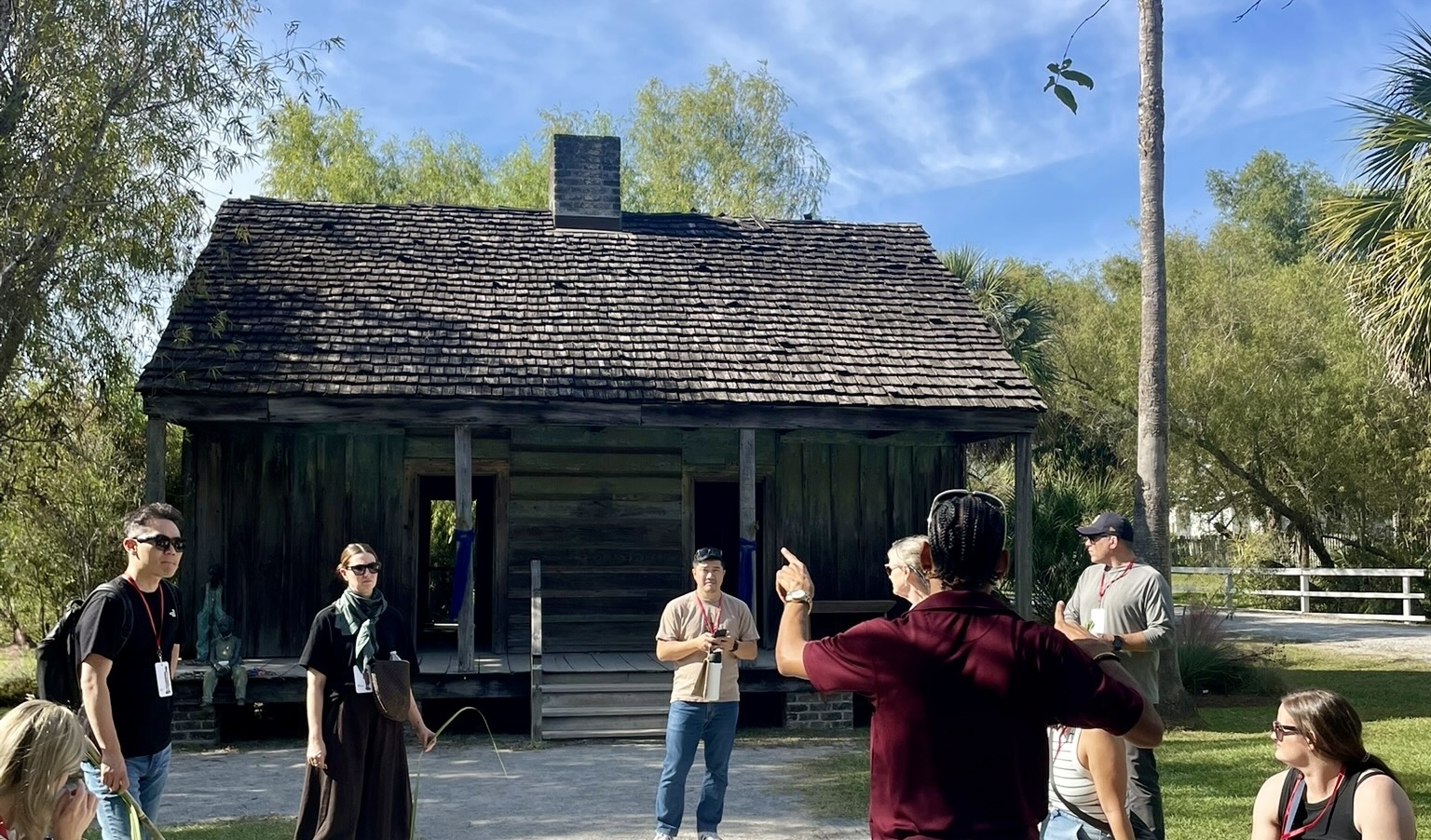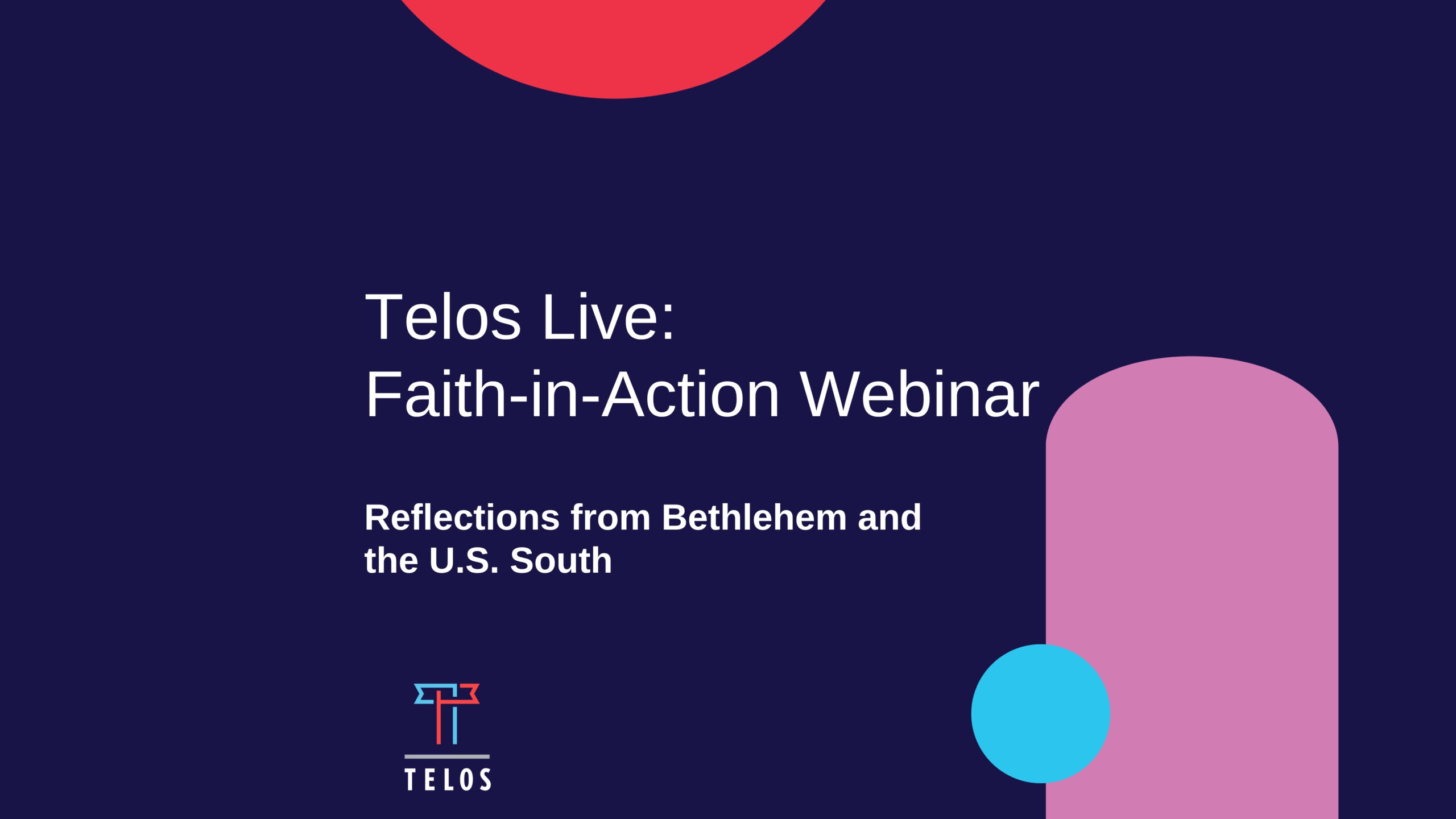It is Holy Week, and I am a Christian Palestinian citizen of Israel. Easter comes this year amid war, as violence continues and grief deepens. The sorrow we remember in Christ’s crucifixion does not feel distant; it speaks clearly to the conditions of the world as it is: marked by injustice, betrayal, and loss. And this year, the calendar marks a convergence: Easter and Passover fall side by side, just as they did when Christ was crucified. That overlap carries weight and opens a door for reflection.
Then came the day of Unleavened Bread, on which the Passover lamb had to be sacrificed. (Luke 22:7)
In its original meaning, Passover remembered God’s deliverance of His people from slavery. As a Christian, I believe its full meaning is found in Christ, the true Passover Lamb, and the promise that became flesh. The Gospels tell us that Jesus was handed over on the night of Passover. While His people gathered to remember their deliverance from Egypt, He stepped into the fullness of that story and offered Himself as the true Lamb. For those of us living through war, the tension between celebration and sorrow is not unfamiliar. What does it mean that on the night His people remembered their freedom from empire, Christ was handed over to it? Through that tension, we begin to see the nature of the kingdom Jesus came to bring. A kingdom built on mercy, not might, made visible through surrender rather than power.
The theme of deliverance echoes today. Both peoples in this land, Palestinians and Israelis, are bound: one beneath the violence of occupation, the other beneath the fear and spiritual weight of domination.
For Palestinians, the longing for freedom lives in our bodies, in the restrictions we navigate each day. We carry the weight of occupation: in law, in movement, in memory, and in death. We do not need to be reminded that empires still crucify.
And yet, we are not the only ones in chains. There is another bondage at work here, one that is quieter but no less cruel. The people who hold power in this land are also held by something. They are held by fear, control, and the need to preserve power at any cost. There is a spiritual captivity in becoming the oppressor, in twisting theology into nationalism, in calling darkness light.
One of the most memorable political moments to follow the events of October 7th was a speech given by Benjamin Netanyahu at the Knesset on October 16th. It was not the first time, and certainly not the last that he used biblical language to frame the violence. But at that moment, he introduced it with a particular force. Speaking during a time of intense emotional turmoil for both Palestinians and Israelis, he described the situation as “a struggle between the children of light and the children of darkness, between humanity and the law of the jungle.” Just twelve days later, on October 28th, he invoked Deuteronomy 25:17, calling on his people to remember what Amalek did (this was interpreted by many, including South Africa in its legal case against Israel at the International Court of Justice, as an incitement to commit genocide).
That captivity reveals itself in many forms. I saw it again recently in a podcast hosted by Omri Peled, an Israeli spiritual teacher who often speaks about healing. In this episode, he sat with Moshe Feiglin, a far-right political figure, who described Gaza as Amalek and spoke of a moral obligation to obliterate it. The conversation was quiet. The words were clear. There was nothing new in what they said. What struck me was not the tone or the platform but the certainty with which they spoke. The kind of moral language that can justify ethnic cleansing without flinching. The kind that no longer feels the need to disguise itself.
At one point, Feiglin referenced the same verse from Deuteronomy and then said this: “To the Israeli people, there’s a role to play in the world. Your role is to reflect the Ten Commandments to humanity. To reflect righteousness and morality.”
As a Palestinian citizen of Israel, I’ve lived long enough inside this system to know that when Israeli leaders speak of obligation, they are not simply describing national responsibility. They are describing a divine assignment. The belief is that Israel has a moral role among the nations to defend itself and reflect righteousness to the world. It is a vision rooted in chosenness, separation, and the idea that morality flows outward from Israel to the rest of humanity. Within that framework, anything threatening that role is treated as evil, and eliminating that evil becomes justified and required.
This way of thinking no longer belongs to the religious fringe or the political right. It has moved into the mainstream and has led us into a place where spiritual coaches, influencers, and public figures who speak in the language of peace and love, in the same breath, speak of eradication. It is a theology with no room for tension or contradiction. It is zero-sum. Either you exist, or I do. Your obligation is not only to add to the good in the world but to remove what you have defined as evil. And from this mindset, I pray they are set free, one that claims moral authority while rejecting mercy and no longer sees the image of God in those it calls its enemy.
It’s hard to believe that anything can change when violence is preached as virtue and domination is mistaken for divine duty. When morality itself is weaponized, the question is no longer whether we believe in moral obligation but who we believe gives it and what it is meant to do. The world uses it to protect power, secure control, and justify violence. But Christ defines it through Himself. His commands are not suggestions. They are meant to transform us, teach us how to forgive, die to ourselves, and walk in truth. So when anyone speaks the language of duty or righteousness, we must ask: is it rooted in Christ or in something only pretending to speak for Him?
After everything that has been said in the name of righteousness, it is fair to ask whether any light remains. I cannot answer that by pointing to what I see around me. But I return to the only one who ever truly spoke for God, not as a politician, not as a general, and not as a voice for one people over another. Christ did not assign others to be sacrificed in righteousness; He became the sacrifice. That is what it means to hold moral authority. Neither to claim nor weaponize it, but to carry it and to empty yourself for the sake of those who deserve nothing. That is the priesthood we follow, and there is no other.
So, how do we work for peace in a world like this? Not by trying to win it on our own terms, or by mistaking action for authority. We work for peace through the power of Jesus Himself, by remaining faithful to the one who has already made it. And it is by Jesus Himself that we refuse to let the world redefine righteousness, and instead bear witness to a kingdom that is not built by force, but revealed in truth. In the darkness, we do not lead; we follow the light.
This is not abstract theology to me. It’s the only ground I have left to stand on in a time of genocide during our remembrances of Holy Week. When justice is denied, when suffering is silenced, and when the truth is traded for security, I remember that in Christ’s crucifixion and resurrection, He tore the curtain, not just between God and man but between the systems of power and the people they claim to protect.


